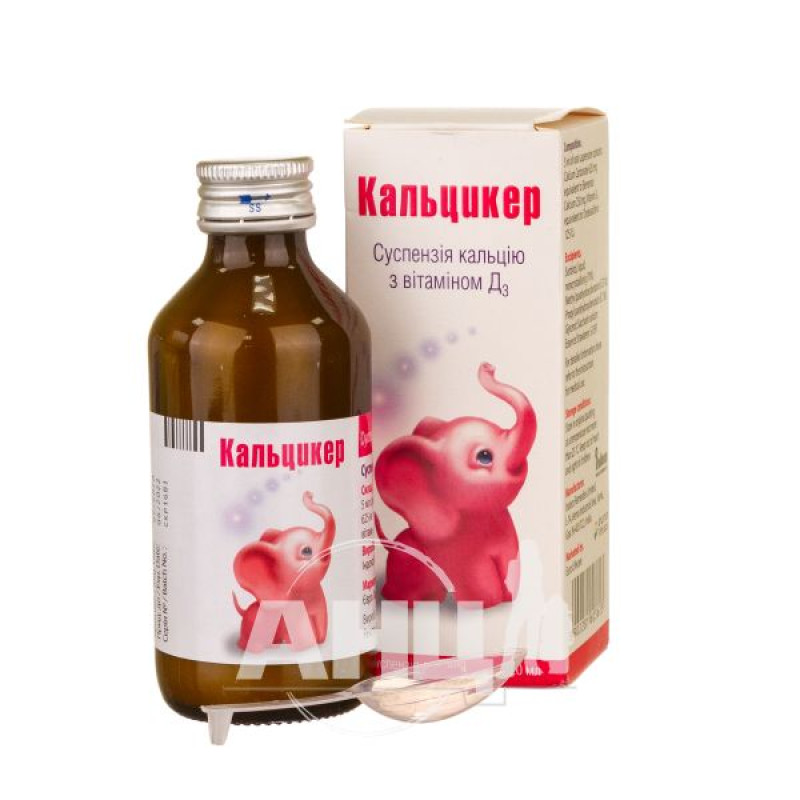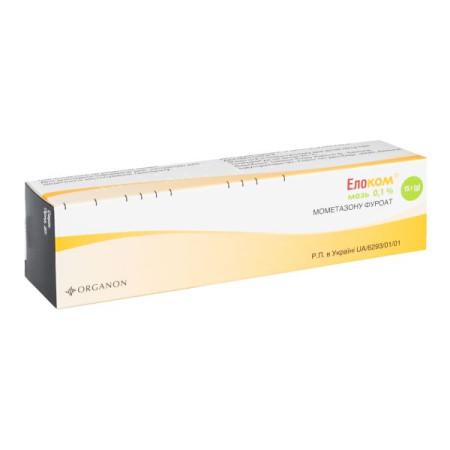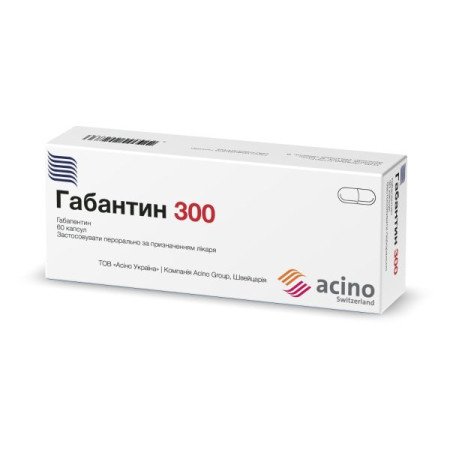Calcicare oral suspension 120 ml

Calcicare is indicated for the treatment and prevention of calcium and vitamin D3 deficiency caused by an inadequate diet and/or nutritional disorders; for the prevention of osteoporosis and as an adjunct to specific osteoporosis therapy with increased body needs for calcium and vitamin D3 during pregnancy and breastfeeding, as well as in children aged 1 month and older.
Composition
Active ingredients: 5 ml of oral suspension contain calcium carbonate 625 mg equivalent to elemental calcium 250 mg, vitamin D 3 equivalent to cholecalciferol 125 IU;
Excipients: xanthan gum; sorbitol non-crystallizing solution (70%); methyl parahydroxybenzoate (E 218) propyl parahydroxybenzoate (E 216) citric acid monohydrate trilon B; colloidal silicon dioxide glycerin saccharin sodium strawberry essence S-3397; purified water.
Contraindication
Hypersensitivity to any ingredient of the drug, primary or secondary hypercalcemia, severe hypercalciuria or urolithiasis, decalcifying tumors such as myeloma, bone metastases, sarcoidosis. The drug is also contraindicated in hyperparathyroidism and severe renal failure. Osteoporosis caused by immobilization. Hypervitaminosis D 3. Tuberculosis in the active phase.
Method of application
Take orally immediately before or during meals. The package contains a measuring spoon with graduations, 1 graduation corresponds to 2.5 ml.
Application features
Pregnant women
The drug Calcicare can be used during pregnancy in case of calcium and vitamin D 3 deficiency. Chronic overdose of vitamin D can be harmful to the fetus. To prevent overdose, the daily dose should not exceed 1500 mg of calcium and 600 IU of vitamin D 3. Long-term use of vitamin D should be avoided due to the possible development of hypercalcemia, which leads to physical and mental developmental defects, supravalvular and aortic stenosis, as well as retinopathy in children.
Animal studies have shown that vitamin D at high doses has reproductive toxicity. Pregnant women should avoid overdose of the drug, as prolonged hypercalcemia has adverse effects on the fetus. There is no evidence that vitamin D at recommended doses can cause teratogenic effects in humans.
Children
Used for children from 1 month of age.
Drivers
Does not affect.
Overdose
The most serious consequence of acute or chronic overdose is hypercalcemia, caused by hypersensitivity to vitamin D. Signs of hypercalcemia include anorexia, thirst, nausea, constipation, vomiting, abdominal pain, dizziness, confusion, weakness, muscle weakness, fatigue, headache; bone pain, kidney stones, kidney stones, hypercalcemia, hypercalciuria, hypercreatininemia, and in severe cases, cardiac arrhythmias. Severe hypercalcemia can lead to coma and death. Polydipsia and polyuria indicate the possibility of kidney damage.
Side effects
Immune system disorders: hypersensitivity reactions, including angioedema, laryngeal edema.
Metabolic: hypercalcemia, hypercalciuria, milk-alkali syndrome (frequent urination, constant headache, constant lack of appetite, nausea or vomiting, unusual fatigue or weakness, hypercalcemia, alkalosis, renal failure) is observed only in case of overdose.
Gastrointestinal tract: constipation, dyspepsia, flatulence, nausea, abdominal pain, diarrhea.
Skin and subcutaneous tissue disorders: itching, rash, urticaria.
Interaction
Calcium may enhance the absorption of tetracycline drugs, so the drug should be taken 3 hours before or 3 hours after taking the above drugs.
To prevent reduced absorption of bisphosphonates or sodium fluoride, it is recommended to take the drug no earlier than 2 hours after taking them.
The activity of vitamin D3 may be reduced with simultaneous use of phenytoin or barbiturates.
Storage conditions
Store in the original packaging at a temperature not exceeding 25 °C.
Keep out of reach of children.
Shelf life - 2 years.
There are no reviews for this product.
There are no reviews for this product, be the first to leave your review.
No questions about this product, be the first and ask your question.
















